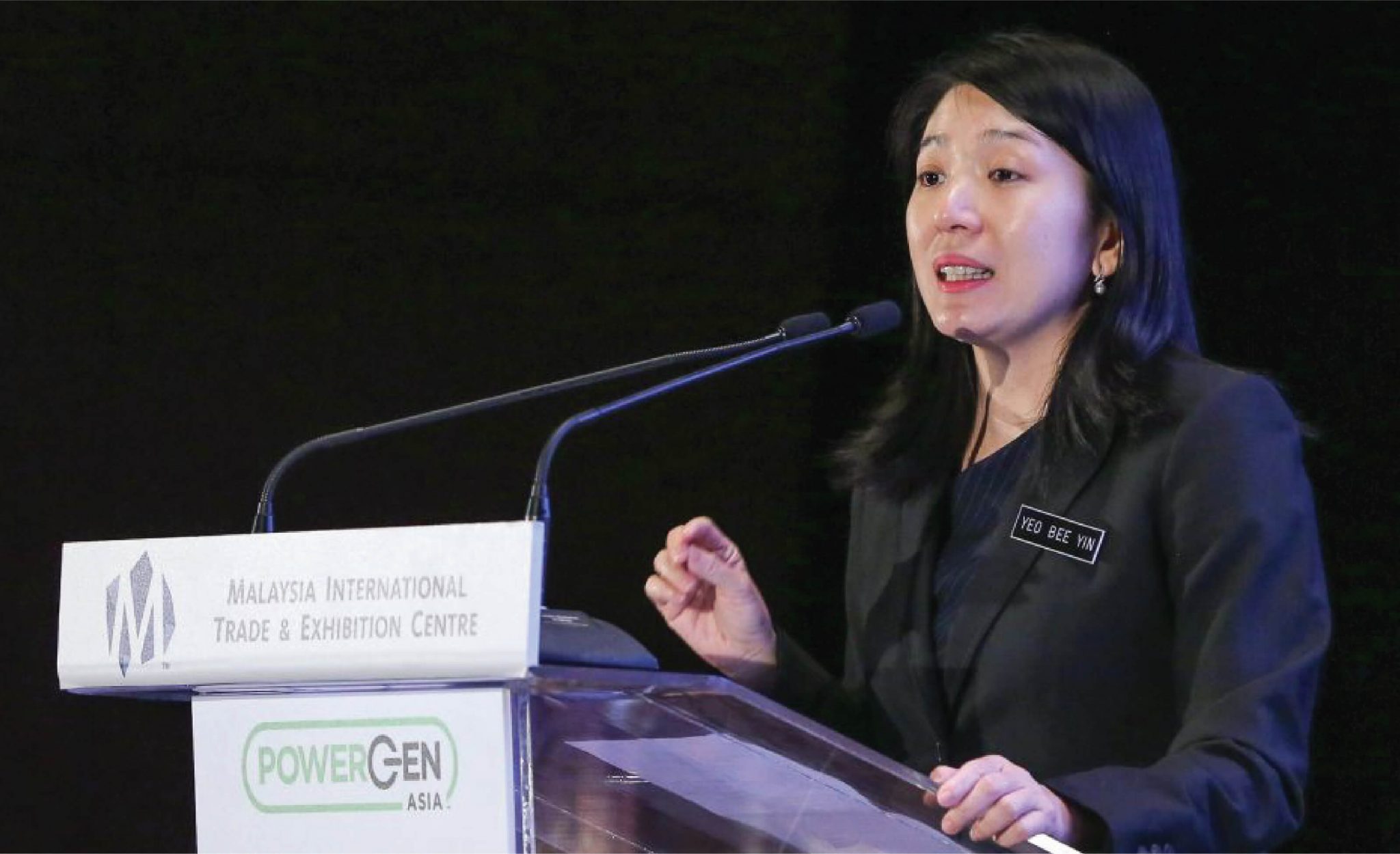| DATE | : 3 September 2019 |
|---|---|
| WRITER | : Jerry Choong |
| PUBLISHER | : Malay Mail |
KUALA LUMPUR, Sept 3 – The government is seeking to increase the country’s target of renewable energy generation to 20 per cent in the next six years, said Energy, Science, Technology, Environment and Climate Change Minister Yeo Bee Yin.
She said this will be accomplished via the Malaysia Energy Supply Industry 2.0 (MESI 2.0) plan which will be launched sometime this month.
“The idea is for a more competitive and diversified mix of electricity generation, one that is also more transparent for the industry and consumers,” Yeo said during the 5-in-1 Power Energy Series exhibition at the Malaysia International Trade and Exhibition Centre.
She said the plan will enable green energy trading through a grid, and that it is not compulsory for renewable energy companies to sell electricity to the national electric utility company Tenaga Nasional Berhad.
“There is great potential, as we have just completed the third round of large-scale solar bidding (LSS)
“Technical evaluation is currently underway, and the Energy Commission has ranked the price of the projects from lowest to highest,” Yeo said.
The minister explained the bidding is for 500 megawatt generation, where each bidder has a maximum of 100 megawatts.
“The first four projects amount to 365 megawatts out of 500 megawatts. The bidding price is lower than the cost of gas generation, standing at 23.22 cents.
“In terms of the future, we will see this trend leading to downward costs for renewable energy,” she said.
Yeo compared the price of solar energy for today to several years back, saying at the time when the second round of LSS was being conducted, the reference price stood at 32 cents.
“Today we can reach as low as 17.77 cents, a 45 per cent reduction in just a few years.
“This meant a few years prior it would not have been competitive to go into solar energy on a large scale as it would have disrupted the electric tariffs,” she said.
With the reduction, Yeo said it is timely to look into solar electricity generation.
When asked if this could possibly lower electricity tariffs and consumer bills in the future, the minister said it still depends on many factors, including the global prices of coal and natural gas.
“As much as two-thirds of an electricity bill is affected by these global prices. So this over-dependency on said prices is not a good thing in the long run, especially if it were to go up beyond anyone’s control.
“So when you look at solar energy it is intermittent, working during the day but not in the evening and night. Hence why the government is looking at generation mixture, where solar is used in the morning and gas electricity later in the day,” Yeo said.
MESI 2.0’s bidding and tender process will also be defined by its transparency.
“This is what the industry and consumers want, so it will be a priority of the government in the future,” she said.
In order to meet the target of 20 per cent renewable energy generation, Yeo said approximately RM33 billion of investment is required.
“Some of it will come from the government, some from private-public partnership, others will come from private financing.
“For this, the Securities Commission has already conducted a six-month study on green financing by forming a taskforce to provide a report on 21-action items for the facilitation of the RM33 billion investment into renewable energy,” she said.
Yeo added once presented to the government, the report and its action items will be scrutinised and implemented accordingly.
“In the meantime, we will continue our current incentive for the Green Technology Financing Scheme, Green Investment Tax Allowance, and Green Income Tax Exemption, among others,” she said.

